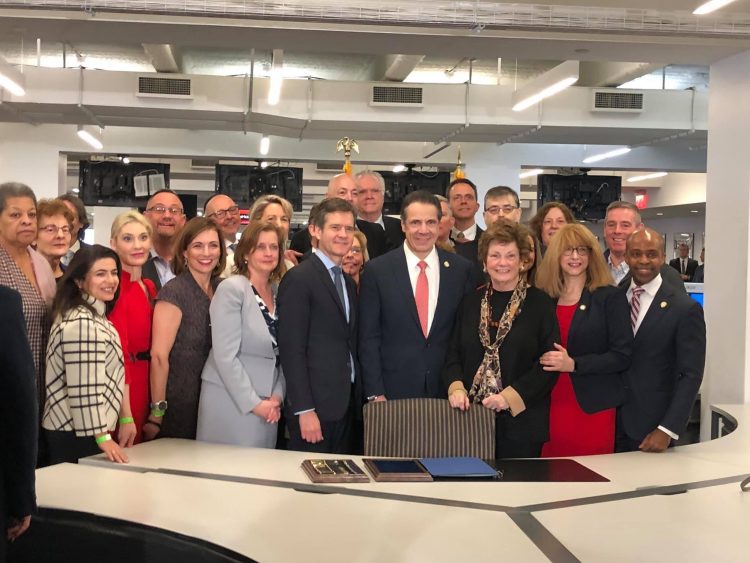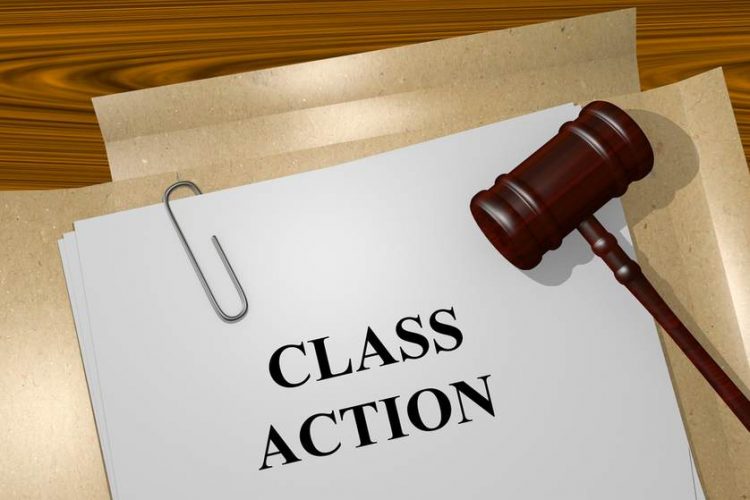It’s been a crazy couple of weeks in the child sex abuse survivors’ movement. It’s easy to get overwhelmed with the news and the emotions involved (Heck, even I’m overwhelmed). After years of little action, it seems as if survivors and advocates have been thrown into a hurricane of news, reaction and emotion—lots and lots…Continue reading The New York Child Victims Act: How will you change the world today?




